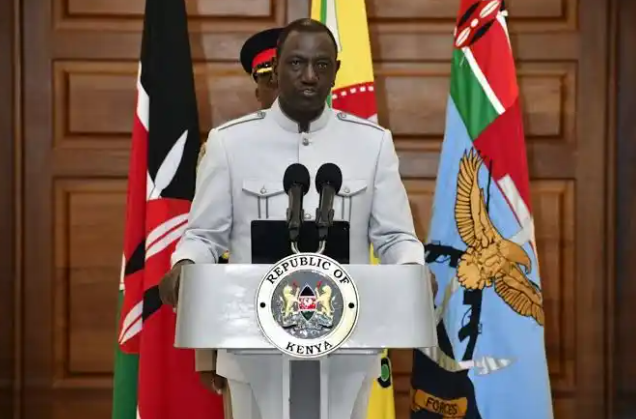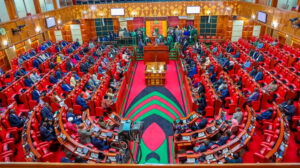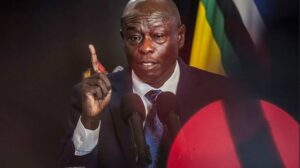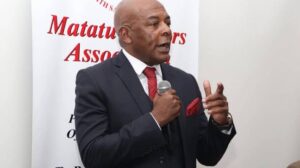President William Ruto has opted not to sign the Finance Bill for the year 2024, a decision that has stirred significant attention and discussion within political circles.
According to sources from State House speaking to the Star newspaper, the President has chosen to send the bill back to Parliament for further deliberation before they adjourn for recess today.
The Finance Bill, a critical piece of legislation that outlines the government’s financial policies and tax measures for the fiscal year, typically undergoes rigorous scrutiny and debate in Parliament.
Its provisions impact various sectors of the economy, influencing everything from consumer taxes to corporate regulations.
Ruto’s decision not to sign the bill marks a departure from the usual procedural course, where presidential endorsement is often considered a formality following parliamentary approval.
This move suggests potential disagreements or concerns regarding specific provisions within the bill, though exact details of the President’s reservations have not been publicly disclosed.
Observers speculate that the decision to return the Finance Bill to Parliament could trigger further debate and amendments to address any issues raised by the President.
Such a development underscores the complexities of governance and the balance of powers between the executive and legislative branches in crafting fiscal policies that are both effective and equitable.
In recent months, Kenya has faced economic challenges exacerbated by global uncertainties and domestic fiscal pressures.
The Finance Bill plays a pivotal role in shaping economic strategies aimed at stabilizing growth, managing inflation, and promoting sustainable development initiatives.
Political analysts and stakeholders are closely monitoring the unfolding developments surrounding the Finance Bill, anticipating how Parliament will respond to the President’s directive.
The timeline for parliamentary action remains crucial, especially with the impending recess, as any delays in finalizing the bill could impact budgetary planning and economic forecasts.
President Ruto’s decision not to sign the Finance Bill injects a new dimension of uncertainty into Kenya’s fiscal landscape, highlighting the intricate dynamics between policymaking and executive oversight.





















Add Comment